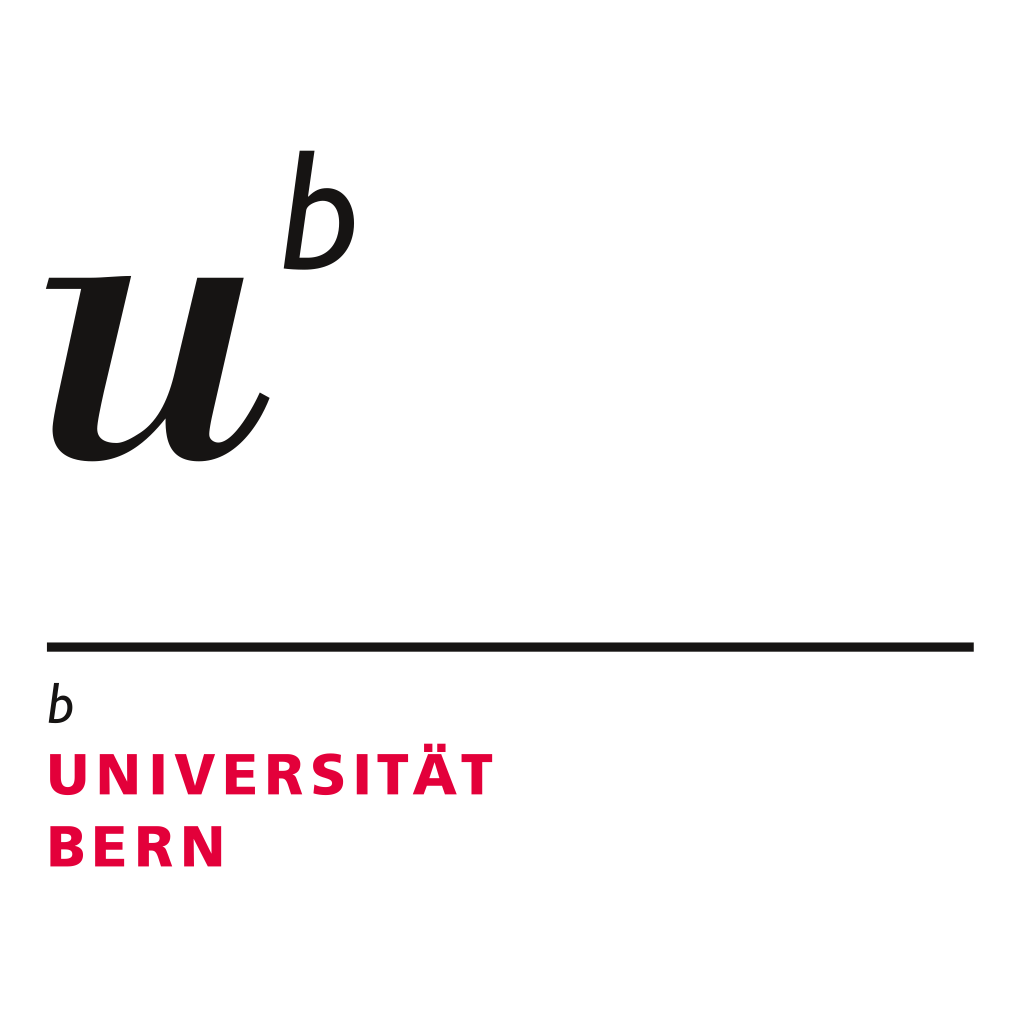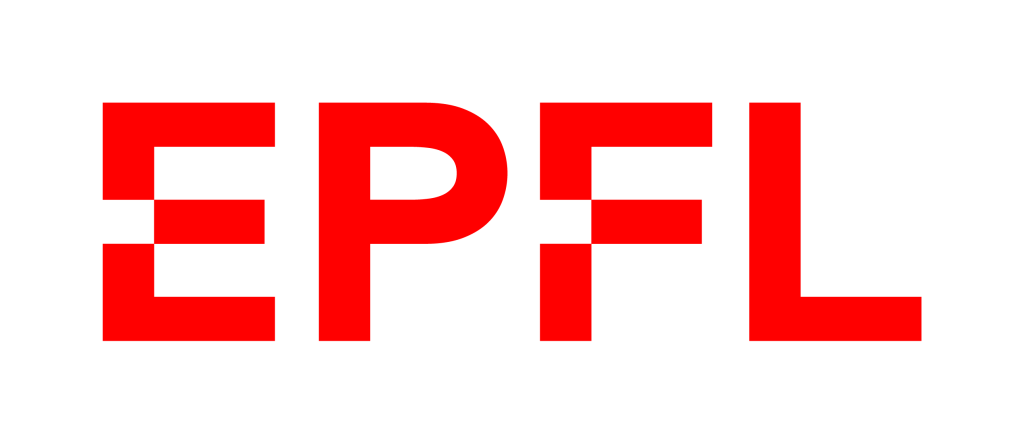With the rising availability of patient data and scans, supervised machine learning has come to a limit. The conventional approaches rely on labeled data that provide feedback to the model on whether or not the predicted outcome is correct. However, to obtain such labels, expert pathologists need to manually annotate large quantities of images which is exhausting and time-consuming. In this project, we aim to use the raw images themselves to learn discriminant tissue features without any kind of manual supervision. Such an approach would naturally be able to differentiate tissue coming from normal to cancerous ones. In addition, the model can be used in complement to clinical scores to help patient stratification and personalized therapy.


